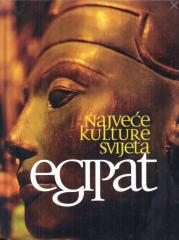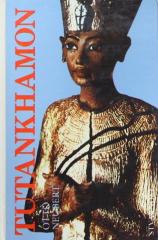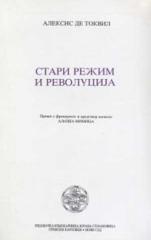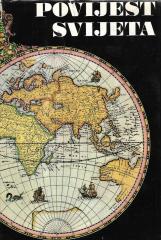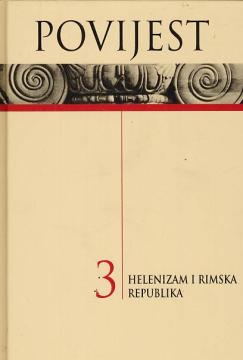
Povijest #3: Helenizam i rimska republika
The third volume of "History of the World" deals with the Hellenistic period in the history of Ancient Greece as well as the first stage in the history of the powerful Roman state, which begins with the founding of Rome and ends with the last Punic War an
The Hellenistic period (4th to 1st centuries BC) describes the spread of Greek culture and influence under Alexander the Great, whose military conquests extended to Asia, Egypt, and the Near East, creating a fusion of classical Greek culture with local traditions. During this period, Greek art, philosophy, and science flourished, and schools such as Plato and Aristotle were founded. However, the Hellenistic world also saw internal conflicts and regional divisions, leading to mass conflict and political upheaval.
The focus then shifts to the Roman Republic (509–27 BC), its rise from monarchy, the development of institutions, and the expansion of power throughout Italy and beyond. The republican system, with its senate, consuls, and other institutions, is described, as are the major wars, such as the Punic Wars with Carthage, that enabled Rome to dominate the Mediterranean. Through these events, the city, with its government based on laws and customs, becomes the Roman Empire, and military victories and political changes shape Roman society. Through the presentation of events and characters, the importance of early Roman culture, law and constitution, which lay the foundations for the later development of the West, is highlighted.
This volume provides a key insight into the process of the spread of this cultural-political unity, and the period in which concepts of social order, military tactics, and philosophy were founded, influencing history to the present day. Including accounts of important leaders and events, the book illuminates the continuation of the traditions of related cultures and the geopolitics of the period, which is of great importance for understanding the historical roots of modern European and world society.
Two copies are available

